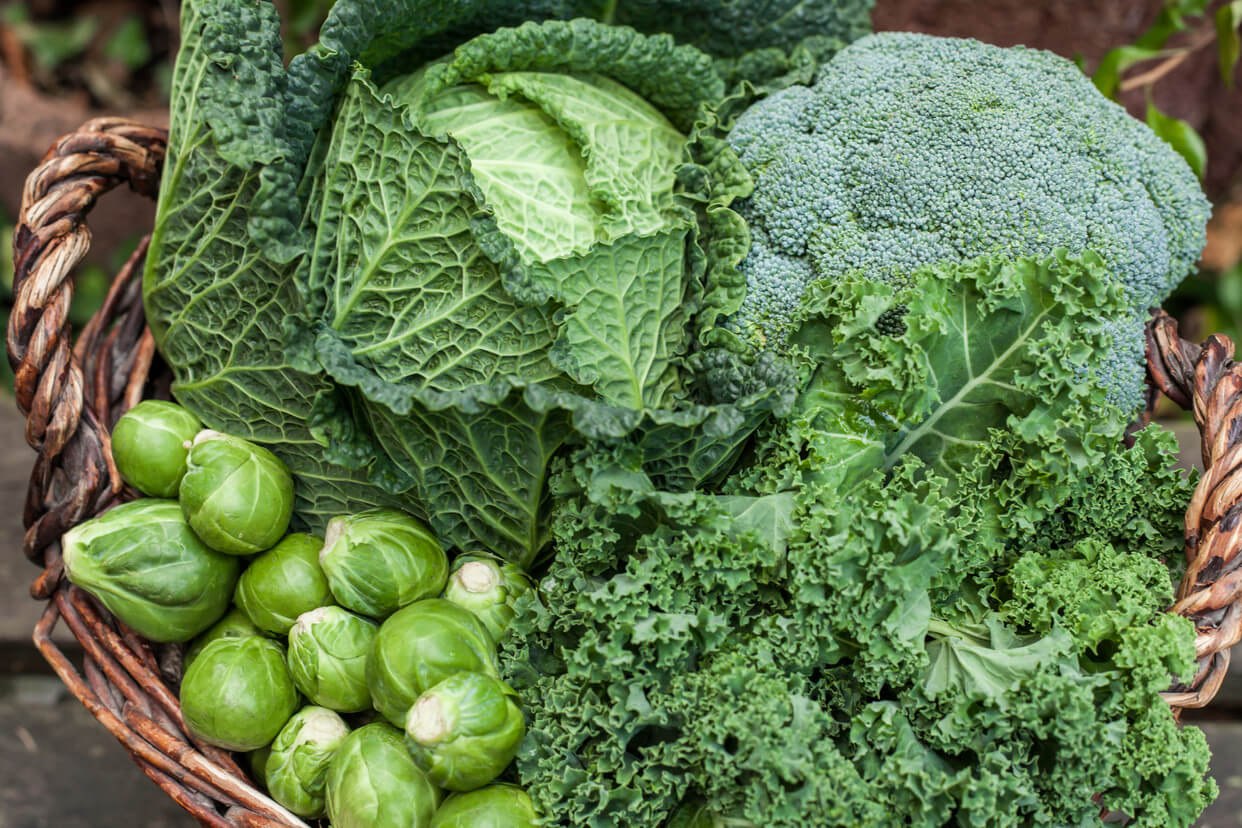Whether you are looking to hone your six-pack or build up more muscle lost due to health reasons, transitioning to a raw foods diet can seem daunting at first. A raw food diet might seem overwhelming or counterproductive to building muscle or inclusion into a training diet. How are you supposed to body build or build muscle on a plant-based diet of raw fruits, vegetables, nuts, seeds, leafy greens, or sprouted greens?
Luckily for those looking to bulk up, work out or regain muscle while eating a raw diet or transitioning to one, several raw foods can help you build the muscle you need.
How does the below foods help with defining muscle and tone? They all contain micro or macronutrients that can:
- Speed up muscle tissue growth
- Lower levels of stress hormones that promote fat storage
- Increase blood flow to your muscles (which increases their efficiency and rate at which the muscle repairs itself, so they grow bigger)
- Lower inflammation that can inhibit muscle breakdown
- Facilitate energy metabolism
Kale
When it comes to weight loss foods that also help muscles grow, kale is virtually king. Kale packs an impressive amount of iron, a mineral vital to muscle development. Iron is essential to help your body circulate oxygen to your muscles, which aids in repair after you do any heavy training or exercise and encourages the synthesis of the muscle fibers. Iron is needed to make hemoglobin in red blood cells, responsible for carrying needed oxygen to all parts of your body, and myoglobin, a protein specifically for binding oxygen in your muscles. What else does the iron in kale contribute to? Iron can boost your endurance. A higher level of iron can mean a higher level of aerobic capacity and better performance from your muscles. Kale also is bursting with vitamin K, which is excellent for blood clotting, helping wounds heal, and helps fight inflammation, and can assist in aiding stiff joints.Millet
Some of you familiar with millet may be a bit confused—isn't this a treat for birds? It is—but it is also a lesser-known health food that shouldn't be kept for birds alone. Millet is one of the oldest cultivated grains in the world, grown throughout Africa and Southeast Asia for thousands of years. Millet can be used to create bread, cereal, and many other dishes. It is also highly versatile and easy to grow yourself. Millet is rich in niacin, is low in simple carbohydrates, and higher in complex carbohydrates, making it a low-glycemic index (GI) food. This means that millet takes longer to digest than standard wheat flour, helping you keep your blood sugars from spiking after eating, allowing those who have diabetes to manage their blood sugars better. Millet also has a high magnesium content. Magnesium is the fourth most abundant mineral found in your body and is used in over 600 cellular reactions, including helping your muscles contract. Just like in the heart, magnesium acts as a natural calcium blocker to help your muscles relax. In our muscles, calcium binds to proteins such as troponin C and myosin. This process is what changes the shape of these proteins, causing your muscles to contract. Magnesium will compete with calcium for these same binding spots to ease muscle contractions. If you don't have enough magnesium to compete with calcium, you might find your muscles contracting too much, causing issues like Charley horses, muscle cramps, or spasms. Millet may help relieve the pain of a muscle cramp after a workout.Hemp Seeds
While hemp seeds do come from a cannabis plant, they do not contain anything that will affect your state of mind. You might find them being labeled as hemp hearts instead of seeds and these seeds are rich in amino acids. What are amino acids? It's protein. When you eat foods high in protein, like hemp seeds, your body breaks the protein down into amino acids. These amino acids are then used to repair and grow new muscle fibers. As little as three tablespoons of hemp seeds provide 11 grams of protein. In addition to amino acids, hemp also has gamma-linolenic acid, or GLA, an omega-6 fatty acid that helps encourage a healthier metabolism and fights inflammation in the body.Chia Seeds
These seeds are undoubtedly tiny, but for such a small seed, it packs a potent mix of essential nutrients that are great for the body and your muscles. Along with protein, they deliver both omega-3 fatty acids and fiber. Not only can chia seeds help to repair and rebuild muscle, they are an excellent source of soluble fiber, which both helps keep you feeling full during the day but helps feed the good bacteria in our gut.Spinach
You'd think spinach would be up at the top before kale, and while it is full of iron and important to gaining muscle mass—kale still has the most iron in comparison, but that doesn't mean you shouldn't be eating spinach along with your kale. According to the US Department of Agriculture, 180 grams, or 6 and ½ ounces of spinach contains 6.34 mg of iron, more iron than typically found in a six-ounce piece of hamburger.Sweet Potatoes
These delicious potatoes are one of the cleanest sources of fuel for your body available. High in fiber and carbohydrates with a low glycemic index so these will burn slowly, provide you a long-term source of energy to help you throughout the day or power through a workout, and recover stores of muscle glycogen after. The fiber in sweet potatoes also helps keep you fuller, longer and can fight against overeating. Last but just as important, one cup of sweet potato has four times your RDA (Recommended Dietary Allowance) of vitamin A, another essential vitamin for our bodies, and one that helps synthesize proteins.What are some other best raw foods or plant-based foods for gaining muscle?
- Quinoa
- Lentils
- Broccoli
- Avocado
- Berries
- Soybeans
- Mushrooms
- Beets
- Watermelon
- Grapefruit
- Beans






